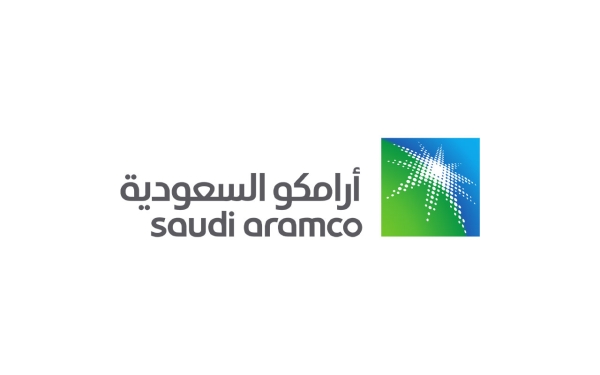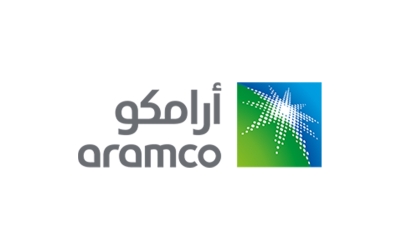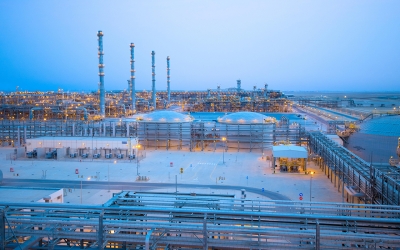

Aramco's Oil Supply Planning and Scheduling "OSPAS" serves as the core of the company's operations. It employs one hundred thousand sensors to collect information from wells, pipelines, plants, and terminals. This system enables the company to monitor and direct the flow of oil and gas through its pipeline network using real-time data and analytics. OSPAS continuously monitors every part of the supply chain, from the well to various locations worldwide.
OSPAS consists of four operational divisions: The Oil Division, the Gas and NGL Division, the Refined Products Division, and the Terminal Planning Division. Additionally, it has three supporting divisions: The Oil Supply Planning and Optimization Division, the Planning and Support Division, and the Corporate Emergency Management and Continuity Division.
Inauguration of OSPAS at Saudi Aramco
Custodian of the Two Holy Mosques King Salman Bin Abdulaziz inaugurated OSPAS on December 1, 2016. OSPAS manages the production of fifteen mmboed through an integrated network of onshore and offshore facilities across all provinces of the Kingdom.
OPSAS holds a prime position within Saudi Aramco; operating through 150 seamlessly integrated screens that form a massive wall display, where every drop of oil and gas vapor moving through the pipelines, and every processing plant, refinery, and facility owned by the company can be viewed. It also tracks each vessel, its cargo, and its destination.
Management system at OPSAS in Saudi Aramco
Engineers at the OSPAS department, along with staff from the real-time data systems team in the IT division, work together to ensure that all information, data, and schedules are aligned with the operational plan. This collaborative effort plays a crucial role in ensuring the reliability of supplying the Kingdom’s hydrocarbon products to local and global economies through reliable supply plans, coordinated production, and the company's response to emergencies.
The management system at OSPAS seeks to guarantee continued commitment to the company's outstanding performance reliability with its customers, which has exceeded 99 percent. This is achieved through meticulously planned and coordinated operations, and complex scheduling across the oil, gas, and NGL networks, refining and distribution system, and terminals. The system generates vast amounts of data and graphs that are displayed on the center's wall display, providing a continuous daily summary of Saudi Aramco's integrated operations.
Data processing at OSPAS in Saudi Aramco
The data at OSPAS provides planners with a comprehensive view of operations and delivers precise details. It enables them to monitor the entire hydrocarbon network, covering all products from various regions. It allows employees to quickly respond to any potential disruptions and take immediate action to ensure that these disruptions have no impact.
OSPAS staff can detect issues at any company facility, from gas-oil separation plants to production plants, refineries, and terminals. Then, it only takes one call to reroute production, assess pipelines, and implement solutions within minutes.
OSPAS manages the daily movement of ships and the loading of hydrocarbon products from Saudi Aramco’s terminals, ensuring that vessels leave on time with the correct shipment.
OSPAS management heavily relies on the system to gain a direct view of all company operations, allowing it to depend on precise data. The introduction of video wall displays and SCADA technology, which replaced the old simulation boards and communication via phone calls, has led to a comprehensive transformation in all areas. This was followed by subsequent updates, where the real-time data received by the management is fully coordinated through automated systems after upgrading the server network and operating systems.
Managing demands at OSPAS in Saudi Aramco
The Refined Products Division at Saudi Aramco's OSPAS has a key task to ensure cost-effective fulfillment of local demand for refined products within the Kingdom. The division strives to meet supply chain objectives safely and on time.
While Saudi Aramco's local refineries serve a range of customers, the company is required to supply both local and international markets. This is achieved through an ecosystem that includes: The refined products supply chain and efficient demand fulfillment, precise monitoring of refinery products and refined product import shipments, pipeline flow rates, forecasted demand, and planning for the Kingdom's refined product needs with daily follow-up.
Related quizzes

